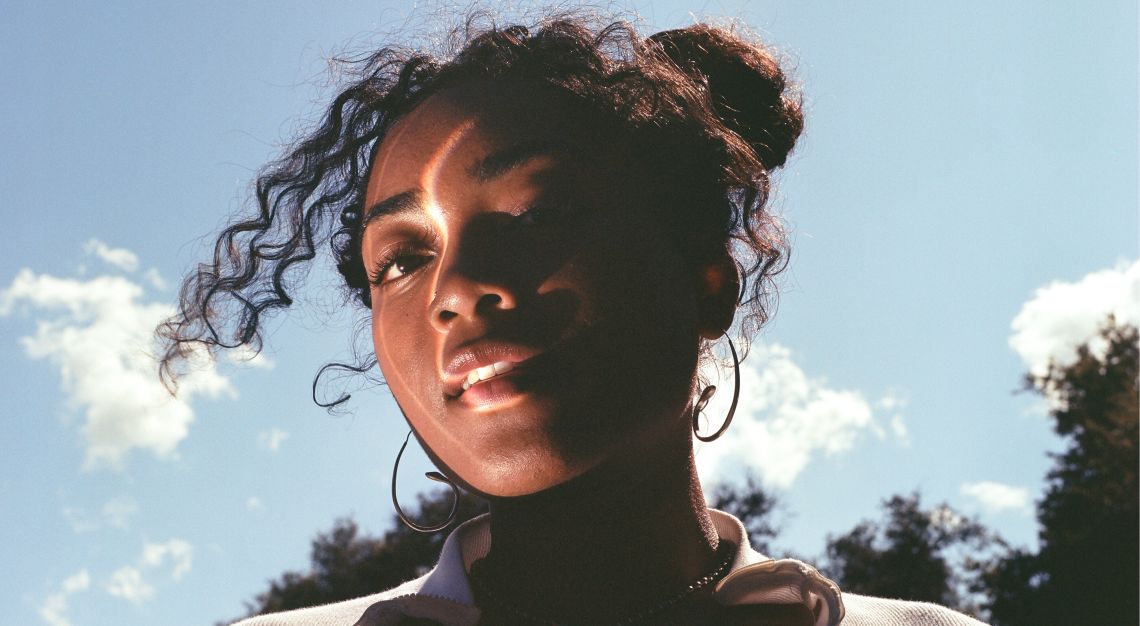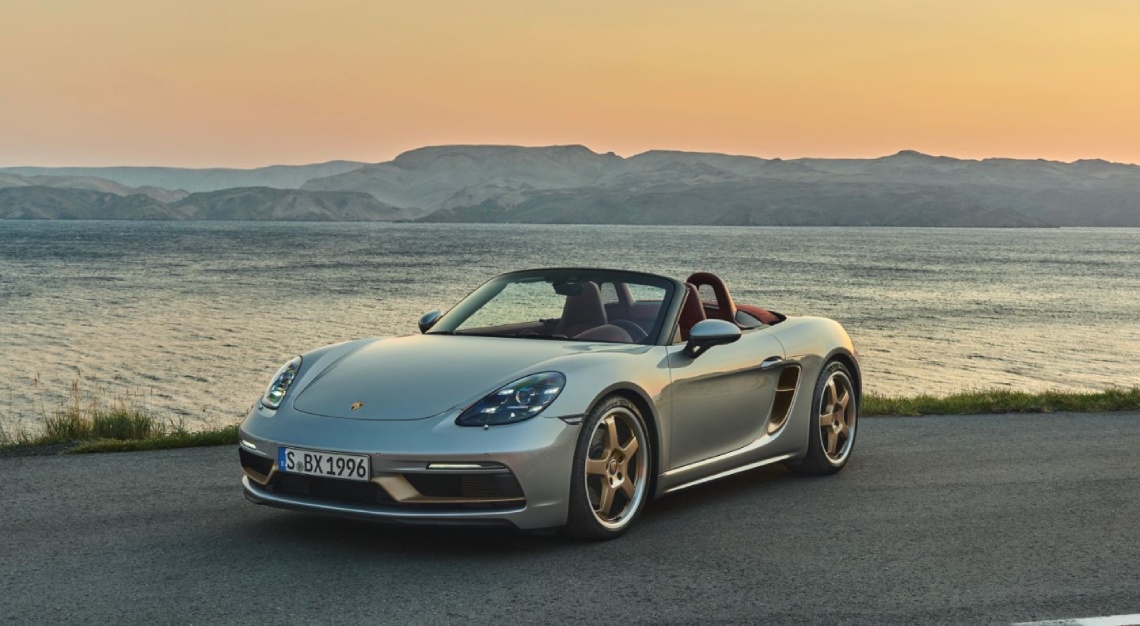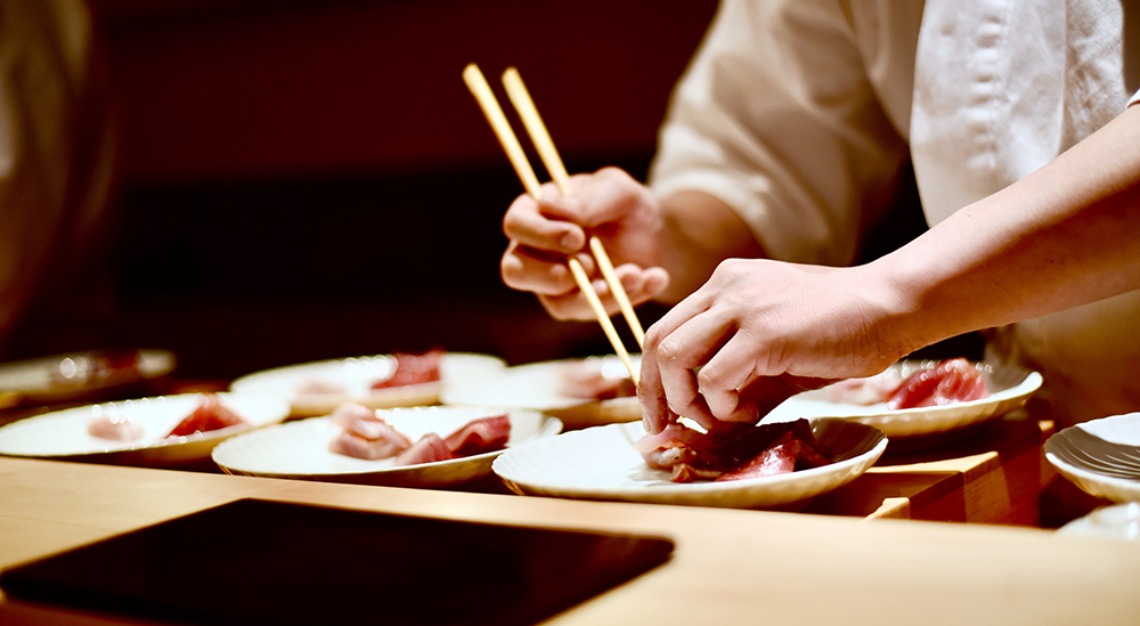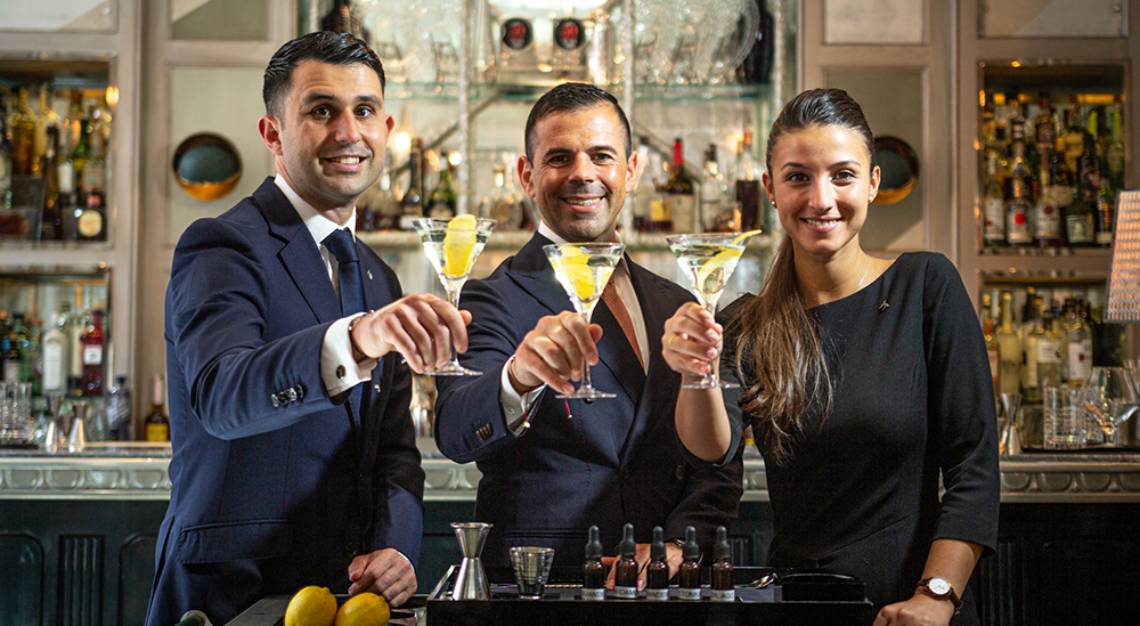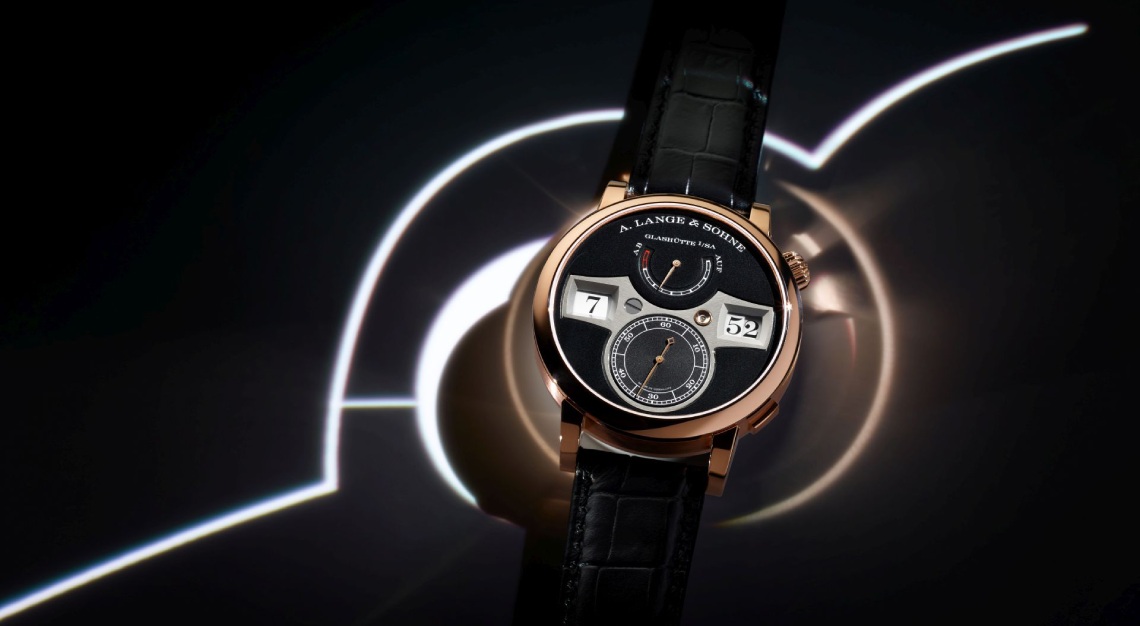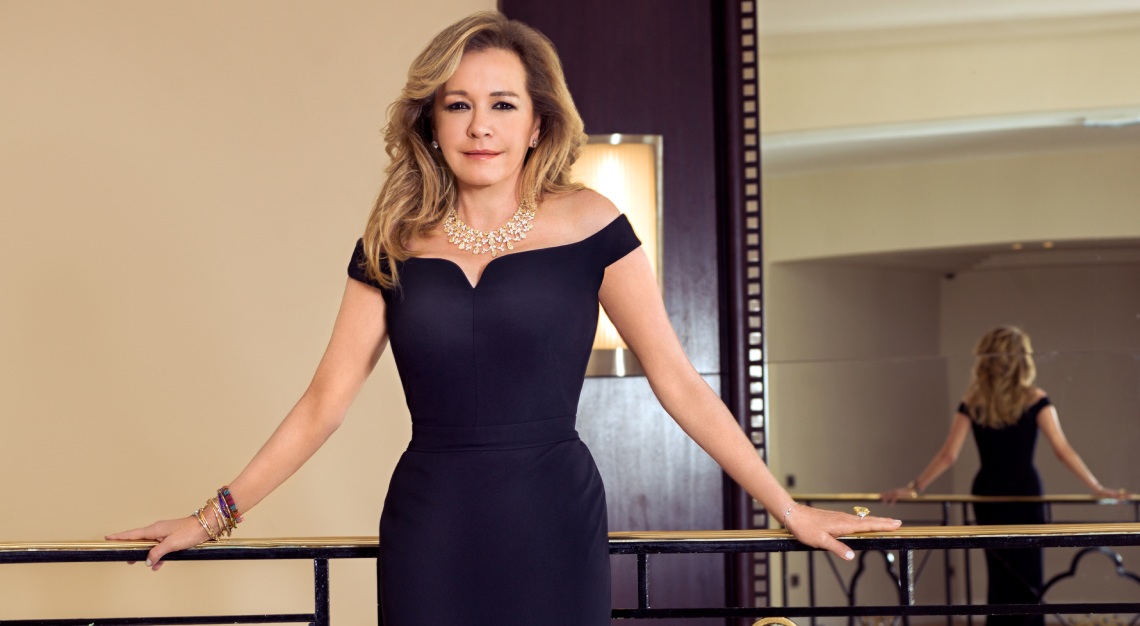The Answers With… UMI and her thoughts on how self-care can enrich the intersection of life, love and art
Breathe in, breathe out—a poem of breath accompanied by music. That’s the luscious and distinct incarnation of R&B that UMI is ushering to broader consciousness. The 24-year-old singer-songwriter’s music is the convergence point of the raw, open-hearted earthiness of her lived experience and the ethereality of her angelic register. Throughout her blossoming oeuvre, which includes her 2022 debut album Forest in the City, she examines the rich, infinitely profound proximity that art and the human condition share, especially in the lived experience of love.
In her world, nature is foregrounded as a foundational source of solace, just as much as the daily wins and losses in love and life are rendered with a compelling universality whose palpability is tremendous and undeniable. Her voice is a gift-that-keeps-on-giving force that alleviates as it articulates the truths it conveys. In service of the greater good of self-love and self-care, it’s an outstretched hand that gently eases the listener into her healing embrace.
Before her recent debut performance in Singapore, she sat down with us for a chat about the illuminating power of her introversion, her relationship with bleeding-edge technologies such as Artificial Intelligence (AI), and why self-care is synonymous with an elevated existence.
Welcome to Singapore, UMI. What’s got you excited about performing here?
Whenever I go to a country for the first time, I’m excited to take in the culture, history and energy of each place. Stepping off the plane here, I was struck by how diverse the mix of the people is and just how tropical the climate is. I love tropical weather, and so do my skin and hair.
Congrats on Forest in the City. It’s a refreshing break from the pop and R&B that industry seems intent on pushing. What made you want to take a different approach?
I’m not good at not being myself—that’s the root of it. Everything I release is an authentic expression of who I am at that moment. That album is interesting because it captures me transitioning into the next era of who I am. If I didn’t make it, all that music I made over the three or four years I spent in California would never have come out. So, that project is a celebration of that era of my life.
I moved from Seattle, where you’re surrounded by nature, to Los Angeles, where you actually have to seek it out. I had to come to terms with being a human being in the city. That’s what these songs do—they take me back to nature, to peace.
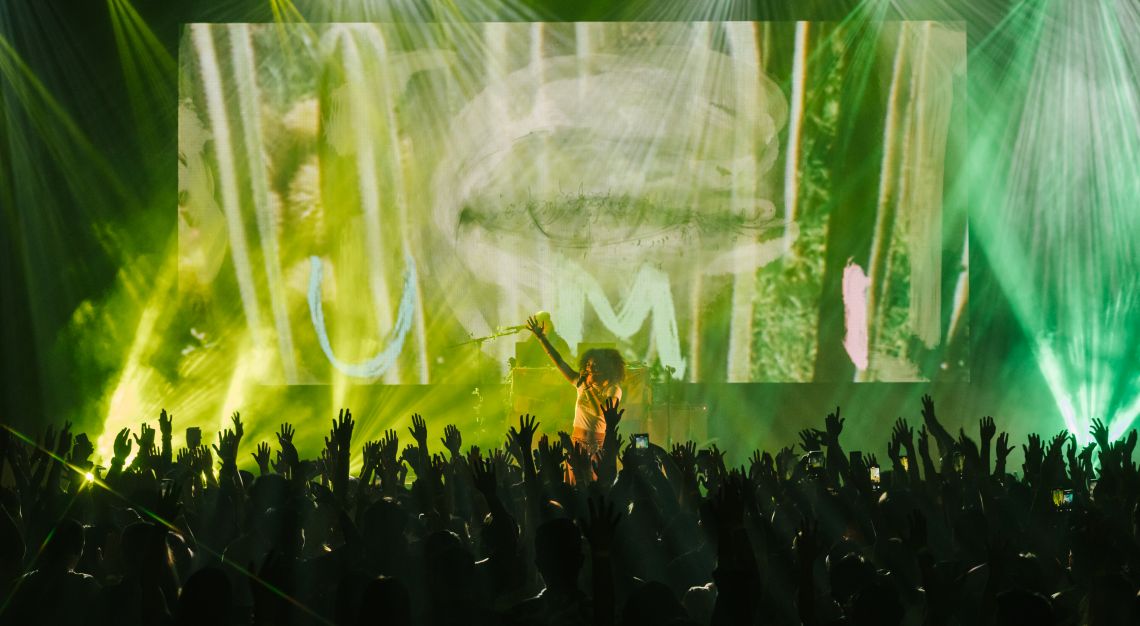
We’re really enjoying Too Late. Does the meaning of your songs change for you when they are shared with other people?
That’s such a good question. Yes. The meaning definitely changes because before it’s shown to people, it’s very tuned in to my experience or that of someone close to me. When it’s released, it becomes a story. I very much let go of it, and when I perform it, I’m channeling the emotions and stories of the people there. Sometimes, I’m hesitant to share the lyrics to my songs, simply because I prefer people having their own lyrics to them. I want them to find their own words for my music.
It is known that you’re an introvert. How does that influence and impact the music you make?
I’ve never been asked that! I think, my being an introvert impacts my life, which then impacts my music. As much as I’m empowered by being around people, I need to retreat to feel myself back up. In that space, I do a lot of self-reflection and journaling. It helps my songwriting and allows me to more easily feel something and channel it into words in a precise manner. Without me having this introverted quality, I don’t think I’d even have the time or the desire to hone that skill. Without journaling, I won’t be able to process everything in my life. It allows me to stay balanced and tuned in to life. I have about 40 or 50 journals at home!
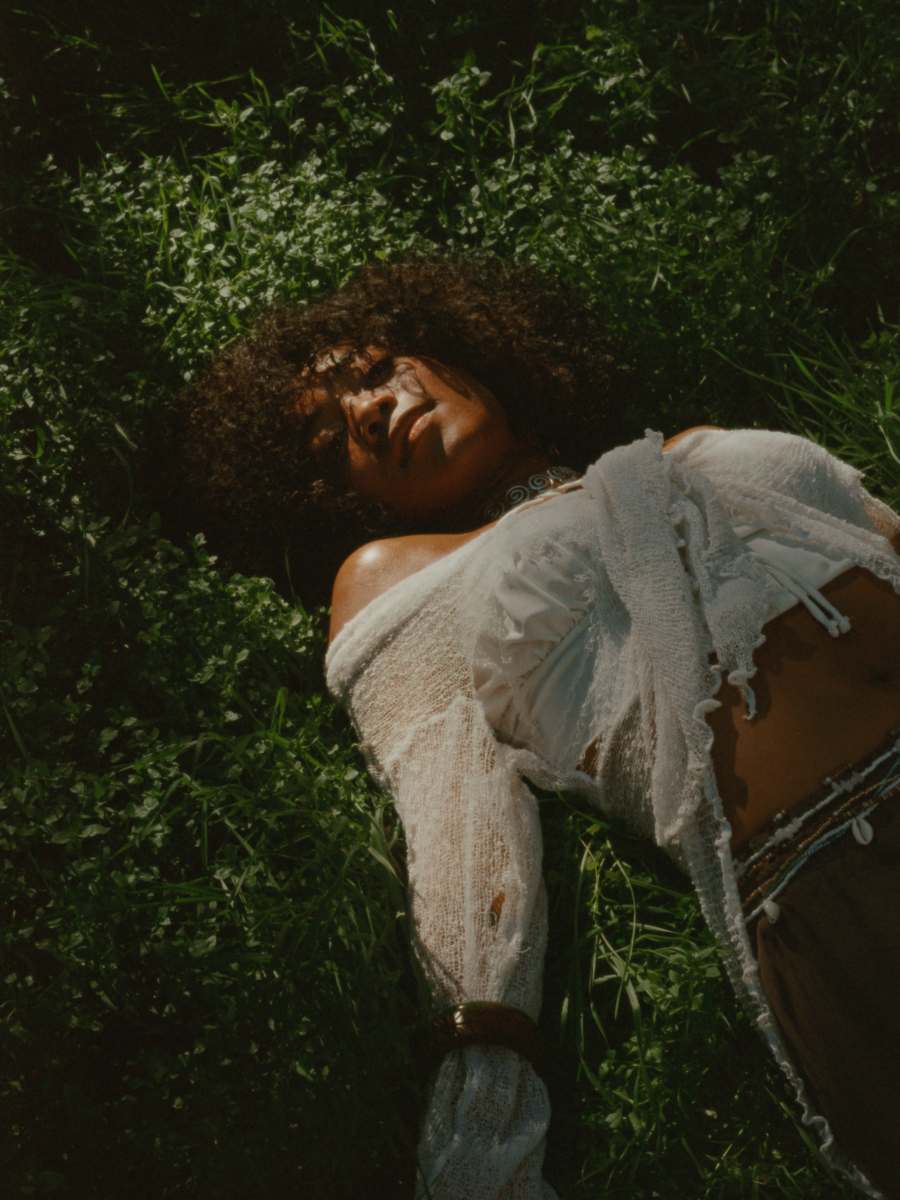
As far as your heritage goes, does being biracial give you a unique lens with which to view the world?
Sometimes, it makes things clearer, but it can cloud it up. The latter happened when I was younger. I wanted to be easily understood; I wanted to fit in; I wanted to have a clear title. I was very confused then, because I was a little bit of a lot of things and a little bit of something else every day. Now that I’m older, it makes things so much clearer. I have such a broad perspective on life. I can see things from more than one side. But when I travel, I realise that, as broad as my perspective is, it’s also really tiny. There’s a whole world out there!
Happy Im is another lovely one. Why do you think love has persisted as subject matter in art for so long?
That’s such a deep question—there are so many angles to it! I believe love is the only truth. We can’t get enough of it because it’s the one thing we don’t have to question too deeply. Everyone feels it; everyone knows it. That’s why there are so many ways to talk about it. I’m excited to see more artists engage with the freedom to express love, especially artists of colour.
As an artist, how do you feel about new technologies such as AI. Is it friend or foe?
I see it as a friend that can be a foe if you want it to be. I’ve already experimented with it in the new project that I’m making. I’ve done different drum layers with it. AI doesn’t have soul but it has data. So, instead of having to dig through a bunch of sounds, I use AI as a cool curation device that gives me options. It’s not just just about ease, because what’s the point of ease if it doesn’t bring you joy?
I’m looking to experiment more with AI in my music videos and use it for world building. As an artist, I don’t fear it too much at all. It’ll just become a tool that we can use. I get why the fear is natural but AI will never be able to replicate human artistry.
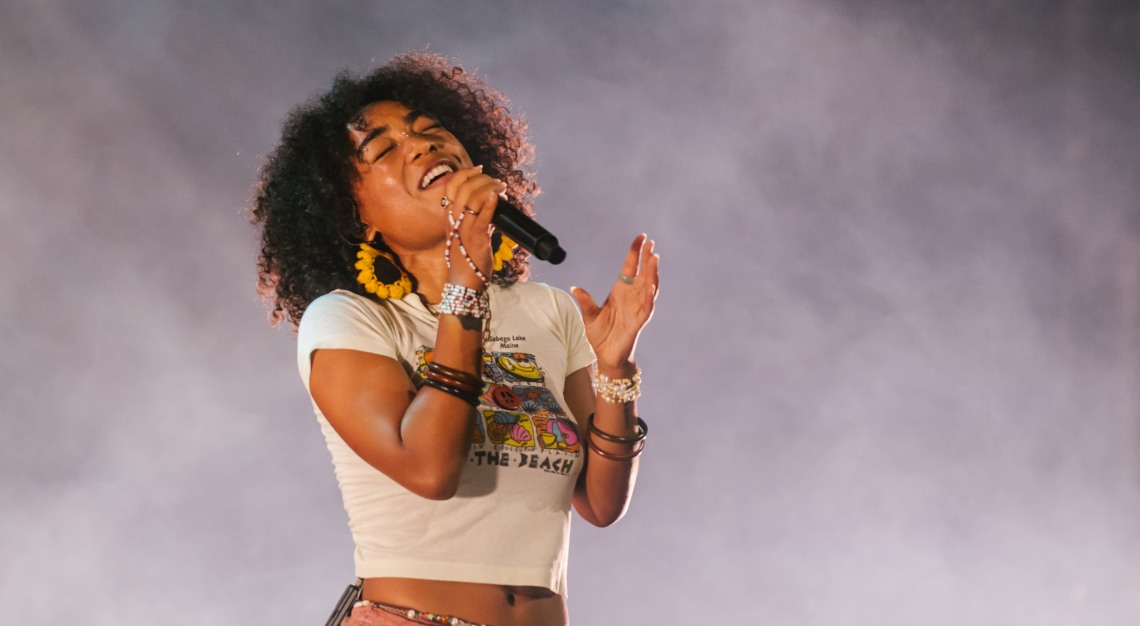
We know that you’re a strong believer in and practitioner of chakra meditation. What does it do for you and how important is wellness to your daily life?
When I was younger, I was always worried and anxious. When I graduated high school, I remember feeling that I couldn’t live the rest of my life like that. My mom is a practicing Buddhist so I’d always known about meditation. When I tried it for the first time, I experienced such pure silence in my mind that I cried after.
Since then, I’ve dedicated myself to learning more about and practicing it on a deep and meaningful level. It’s so powerful; my brain has changed. I’ve realised how adaptable we are as humans. I feel that we all need to access it so we can have more freedom in our lives.
What do you think people get wrong about wellness and self-care? Is there a way to do it ‘right’?
I don’t think there’s a ‘right’ way to practice anything. A big part of my self-care journey was learning that we all lead different, unique lives and we all follow different paths. To me, self-care is about being connected to joy and being tuned in to what brings me joy.
